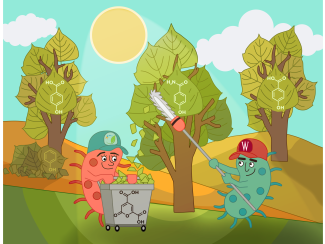The Renewable Fuel Standard promised to pay farmers to fight climate change and boost U.S. energy independence. Instead, a new five-year study of its impact on land use suggests it led to increased fertilizer use, water pollution, and likely at least 24 percent more emissions than gasoline.
The U.S. is the world leader in biofuel production—generating 47 percent of global output over the last decade. The ten-fold expansion in ethanol production in the U.S. from 2002 to 2019 has been driven by the Renewable Fuel Standard (RFS), a federal program that since 2005 has required transportation fuel to contain a minimum volume of renewable fuels. So far, that has largely meant corn ethanol. Currently 98 percent of gasoline in the U.S. contains some ethanol, most commonly 10 percent, or E10.





